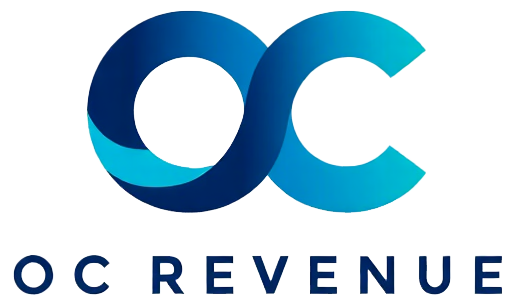Table of Contents
Recent Articles
The Unseen Advantage: Why Revenue Intelligence is Your Competitive Edge
Executive Summary:
Revenue Intelligence is transforming how enterprises unlock the full potential of their sales and customer data to drive strategic advantage. This article outlines why leveraging revenue intelligence, supported by targeted consulting, is imperative for staying competitive in complex, data-driven markets.
Key Takeaways:
- Revenue intelligence integrates sales technology and predictive analytics to enhance forecasting accuracy and pipeline management.
- Adopting revenue intelligence optimizes cross-department collaboration and aligns stakeholder management around growth-centric strategies.
- Consulting expertise facilitates change management, enabling smoother adoption of new tools and improved team structure for sustained performance.
- Revenue intelligence drives revenue enablement, improving compensation fairness, retention, and customer success through data-driven insights.
- Investing in revenue intelligence supports continuous journey mapping and customer experience optimization to reduce churn and maximize upsell opportunities.
The Unseen Advantage: Why Revenue Intelligence is Your Competitive Edge
Unlocking Predictive Power for Smarter Forecasting and Pipeline Optimization

Enterprises today face immense pressure to deliver precise sales forecasting that drives executive decisions and capital allocation. Revenue intelligence leverages advanced analytics and sales automation tools to transform raw data into actionable insights, enabling finance and sales leaders to predict revenue trajectories with unmatched accuracy. By integrating multi-touch attribution and data from both marketing operations and account management, revenue intelligence platforms allow companies to understand true pipeline health and optimize territory alignment for maximum impact.
However, deploying these capabilities at scale involves overcoming challenges such as siloed data sources and inconsistent team structure. Consulting services specializing in revenue intelligence help organizations implement scalable analytics frameworks and streamline stakeholder management. These experts guide the integration of platform-based insights directly into sales compensation plans and performance benchmarking systems, fostering transparency and incentivizing the behaviors that drive growth.
Consider a global enterprise struggling with forecasting volatility due to fragmented customer onboarding data. By adopting a revenue intelligence solution combined with consulting-led change management, the company unified disparate datasets and enhanced prediction accuracy through continuous data enrichment and health scoring. This resulted in a significant uplift in revenue enablement and reduced risk, setting a new standard for forecasting discipline across its sales organization.
Driving Strategic Alignment Through Cross-Department Collaboration and Revenue Enablement

Revenue intelligence extends beyond sales teams to orchestrate seamless collaboration between marketing operations, customer success, and RevOps functions. This holistic approach ensures marketing handoff processes align tightly with sales pipeline qualification standards and customer lifecycle management practices. As a result, enterprises achieve more predictable and scalable revenue streams by minimizing gaps and redundancies across the customer journey.
Consulting capabilities play a critical role in designing and facilitating the frameworks that embed cross-department collaboration within revenue operations. These services support organizations in mapping out effective journey mapping strategies and embedding real-time data analytics into day-to-day decision-making. With expert guidance, companies can refine their compensation models, establish accountability mechanisms, and enhance team synergy to maximize lead conversion and customer upsell potential.
Enterprises that have effectively scaled revenue intelligence show measurable improvements in customer experience and retention due to better coordination and data-driven dialogue between account management and marketing teams. This alignment empowers enterprise leaders to anticipate shifts in customer behavior, reducing churn and enabling targeted risk management strategies that sustain long-term profitability.
Implementing Change Management to Accelerate Adoption and Maximize ROI

Technology adoption without effective change management is a leading cause of revenue intelligence projects falling short. Introducing new analytics tools and sales automation software requires thoughtful stakeholder engagement and robust training programs aligned to enterprise objectives. Consulting partners bring expertise in managing organizational change to ensure new revenue intelligence processes enhance, rather than disrupt, existing workflows.
Building a culture receptive to data-driven decision making involves revisiting team structure and role clarity, while enabling performance benchmarking against new metrics enabled by revenue intelligence. Effective training delivered through consulting engagements equips sales and marketing leaders with the skills to interpret and act on analytics insights confidently. It also drives continual improvement by highlighting gaps in pricing strategies, lead quality, or customer onboarding effectiveness.
As emphasized in McKinsey & Company’s Intelligence at Scale: Data Monetization in the Age of Gen AI, businesses that embrace a structured approach to change management and analytics integration achieve tangible competitive advantages. The consulting engagement ensures ROI by embedding practices that consistently refine revenue attribution models and elevate overall business performance.
Leveraging Data to Enhance Customer Success and Lifecycle Management
Revenue intelligence platforms collect and analyze data across the entire customer lifecycle—from initial lead acquisition through onboarding, retention, and upsell opportunities. The granular insights generated empower account management teams to tailor customer experiences, maximizing satisfaction and lifetime value. Health scoring and churn prevention models inform proactive interventions that reduce attrition risks and elevate customer success outcomes.
Consultants specializing in revenue intelligence help enterprise clients customize these analytical frameworks, integrating them with existing CRM and sales technology stacks for end-to-end visibility. They also advise on the refinement of pricing strategies and compensation structures to ensure alignment with customer-centric business goals.
For example, a technology leader deployed revenue intelligence insights to identify early signs of dissatisfaction within a high-value customer segment. Guided by consulting expertise, the organization restructured its customer onboarding journey and enhanced collaboration between sales and customer success teams. This initiative resulted in improved retention rates and measurable growth in customer upsell, validating the strategic investment in revenue intelligence capabilities.
Optimizing Sales Technology and Tools for Sustainable Competitive Advantage
The evolving landscape of sales technology demands continuous optimization to maintain competitive edge. Revenue intelligence solutions, integrated with sales automation and performance benchmarking tools, enable enterprises to dynamically adjust territory coverage, lead prioritization, and campaign effectiveness. This agility is essential as market conditions and customer behaviors shift rapidly.
Engaging consulting services ensures organizations stay ahead of these trends by integrating the latest innovations while adhering to proven best practices. Consultants support governance, risk management, and stakeholder management processes to guarantee alignment with broader strategic objectives. They help optimize sales technology stacks for comprehensive revenue enablement, driving measurable uplifts in conversion rates and overall growth.
According to the MarketsandMarkets Sales Automation Hub guide, companies that adopt advanced sales automation platforms integrated with revenue intelligence capabilities experience accelerated pipeline velocity and reduced sales cycle length. Consulting-led deployment and ongoing optimization are critical to unlocking these outcomes and sustaining market leadership.
For Further Information
- McKinsey & Company: Intelligence at Scale: Data Monetization in the Age of Gen AI
- MarketsandMarkets Unveiled Sales Automation Hub: Your Definitive 2025 Guide for B2B Growth
- Bloomberg.com: Elevating Investor Relations: Evolving tools for corporate intelligence
- Yahoo Finance: Amazon.com (AMZN) Partners With West Loop Strategy To Modernize Business Intelligence
- Dynamic Business: How to know what your competitors are planning before they do
Related Stories on the Web
The article on The Unseen Advantage: Why Revenue Intelligence is Your Competitive Edge was hopefully useful in helping you understand more about the topic.

